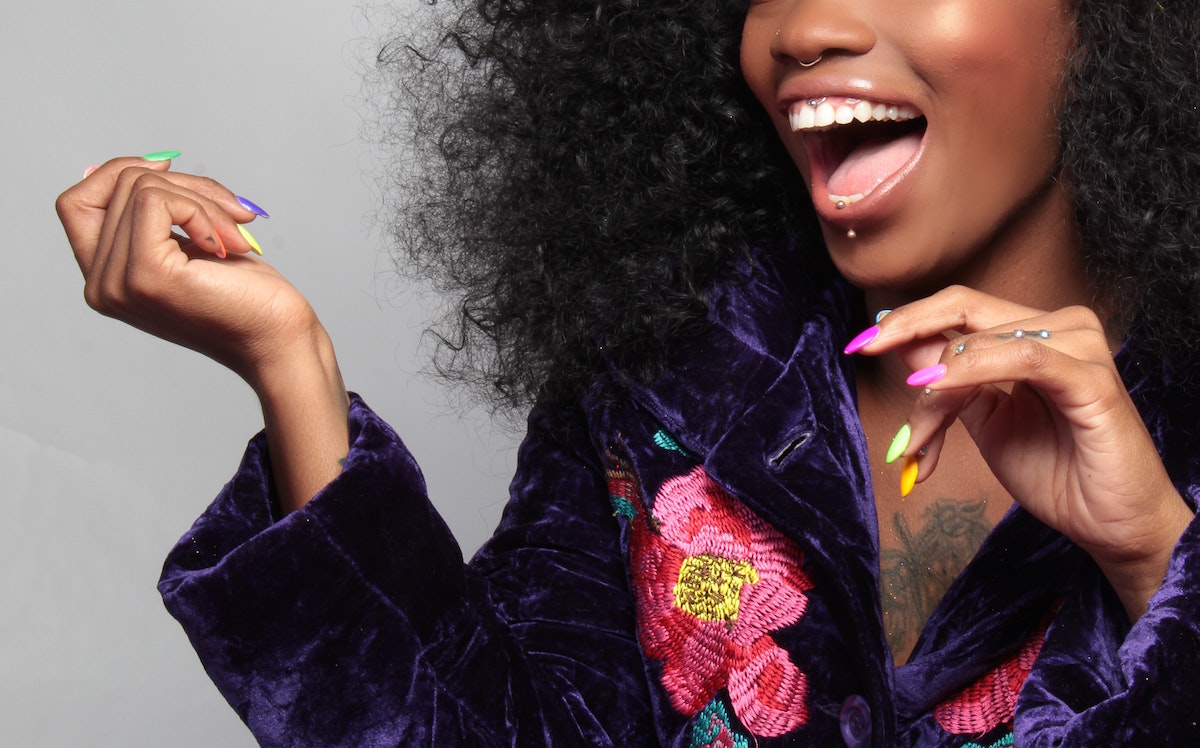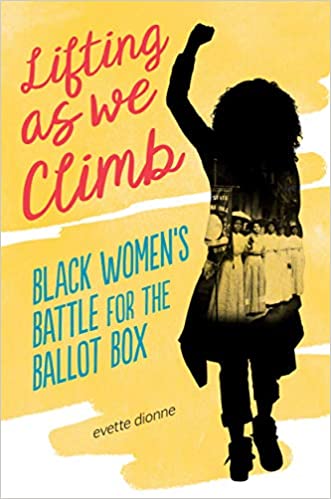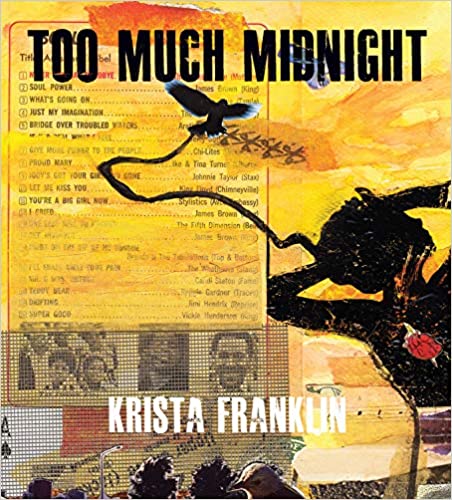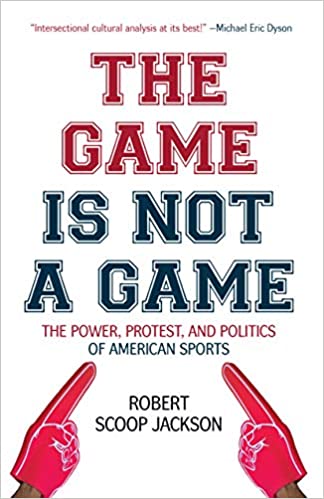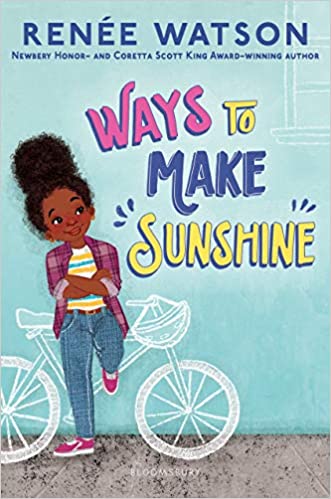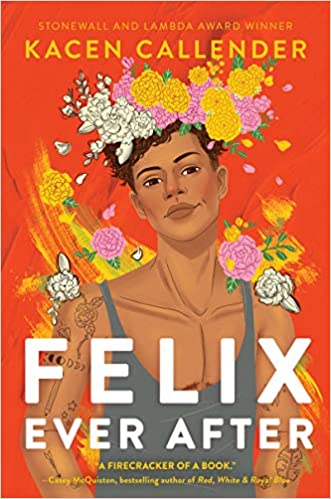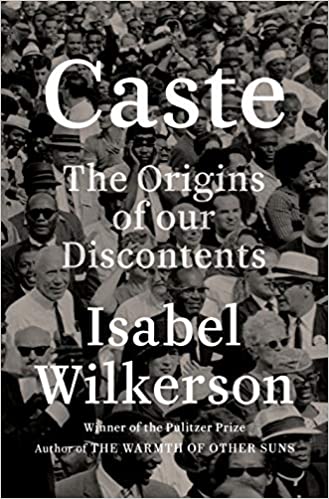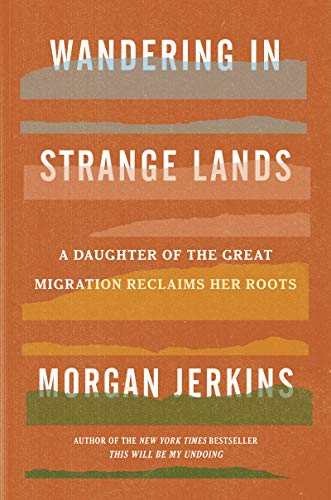Stories encompassing Black life and individuality do not begin and end with racism. Even when racism is part of the narrative, it is not all there is to our story. To become dedicated to anti-racism is to admit, first and foremost, that Black people are human. That we love, live, thrive, and hurt. That any predetermined “savagery” comes from the assumption that we do not deserve to be seen as people in the first place.
With this understanding, the question becomes: Where do we start? If you hadn’t seen it already, where do we begin to see the vastness, beauty, and complexity of Blackness? It’s not easy to know where to start, but we know where we want to end up: having our lives recognized and treated as equal to those who established social dominance through pillaging, looting, and genocide. Achieving this requires knowing our history. It requires recognizing that at heart we have more similarities than differences—and at the same time those differences should never be erased. It requires an openness to listening and embracing the layers of who people are and what they’ve experienced.
This year has seen many new books, from middle-grade novels to literary fiction and poetry to memoir, that show the full complexity of Black communities. Like Black people ourselves, these books do not exist because of racism but in spite of it.
Hitting a Straight Lick with a Crooked Stick by Zora Neale Hurston
Hurston continues to be essential for resisting the pressure to write “tragic negro” characters. All the stories in this new collection from Amistad Books center Southern Black characters, some who migrate north. One gets a taste of Hurston’s growth as an artist through her first short story publications to some of her latest from the 1920s to 1930s. Here you’ll find women who fight back, men who recognize their philandering ways (though they may or may not change), and karma for many spreading ill will.
Homie by Danez Smith
The title page reveals the “real” name of Smith’s latest poetry collection, one that many are not allowed to say. Respect that, because the familiar designation between Black people is not one to be taken out of our mouths nor used against us in a bid for solidarity. From the real title onward, Smith ensures that those they are speaking to are embraced. The collection itself is about relationships, the shame of some and the intense love in many. Friendship in particular is at the forefront of Homie (aka My Nig) because those tethers to others lift and guide us through life, and many times may be the most pure form of love we extend and receive.
The Girl with the Louding Voice by Abi Daré
Debut author Abi Daré has called her main character Adunni “a 14-year-old spirited, intelligent dreamer.” Adunni’s pursuit of a “louding voice” through education means her refusal to live by others’ rules for her as a young woman. Through community and her own dedication, as well as the significant words passed down from her mother before she passes, Adunni’s journey for what she deserves means breaking through an already broken system.
Lifting as We Climb: Black Women’s Battle for the Ballot Box by Evette Dionne
When the Suffrage Movement is mentioned, often the names touted are white. Too often Black women have been erased or attributed as sidekicks in civil rights stories. In Lifting as We Climb, Dionne makes a point to put these women center stage. Heroines such as Anna Julia Cooper, Frances Ellen Watkins Harper, Mary Church Terrell should be in syllabi nationwide, and central to womanist discussion about women’s rights and particularly Black women’s rights. Thanks to Dionne’s new book, we gain even more insight and visibility for these trailblazers.
That Hair: A Novel by Djaimilia Pereira de Almeida
The narrator of That Hair begins at the beginning, or so she says, of a biography of her hair that is so much larger than the follicles on her head. Semi-autobiographical, Almeida’s book takes in racial context, standards of beauty, along with family lore and her own memories. Heartfelt and humorous, the book treats us to a worldview that feels close to home.
Too Much Midnight by Krista Franklin
One of a few works of poetry joining imagery and the written word, Franklin’s Midnight spans storytelling modes, subject matter, and the depths and versatility of the Black experience. It’s not an easily categorized book and it shouldn’t be, because Blackness isn’t easily categorized either.
The Game Is Not a Game: The Power, Protest, and Politics of American Sports by Robert Scoop Jackson
A huge percentage of American sports players are Black, and the number has grown over time. Jackson’s essay collection tears into the ways sports, for many Americans, is life. He considers the hypocrisy of the game, capitalism, activism (a la Kaepernick), disrespect to female athletes, and who benefits from sports the most.
The Voting Booth by Brandy Colbert
The importance of voting and voter registration as a radical act is at the heart of Colbert’s latest young adult novel. Considering the hard-won fight for the Voting Rights Act of 1965, it’s refreshing to see a contemporary novel star a teen, Marva, who is dedicated to making sure people in her community have access to vote their conscience and the power to have their voices heard. Marva teams up with Duke to help him gain his right to vote when he’s turned away, and in a side-story they’re also on the hunt to find Marva’s cat.
Wow, No Thank You by Samantha Irby
Irby’s latest collection of essays came right on time (during quarantine) and became an instant bestseller. In Wow, Irby uses the same wry wit as in her previous (also bestselling) collection We Are Never Meeting in Real Life to break down a full day of being Samantha Irby complete with commentary on not being “too hydrated,” the decision making behind a nap or coffee in the late afternoon, and how late is too late when committing to going out. Irby’s frankness, voice, and on-the-nose topics recognizing a larger anxiety of society-at-large are not only relatable, they’re comforting.
A Song Below Water by Bethany C. Morrow
Black mermaids! That almost says it all about Morrow’s debut young adult novel, but really there’s more. Besties Tavia and Effie are fighting their own battles—literally, against literal demons—all while having to deal with high school in Portland, Oregon. Morrow’s latest utilizes the fantastical to explore evergreen themes like isolation, modern day witch-hunts, and the violence to Black women’s bodies. A Song Below Water shows the imbalance of power at the same time Tavia and Effie find their own.
Ways to Make Sunshine by Renée Watson
Sunshine does indeed provide many warm and thoughtful moments, plus Black girl growth in the first of this middle-grade series starring Ryan Hart. Like some of Watson’s work, this one also takes place in Portland, Oregon, where Ryan—whose name means “king”—moves to a new home, gains the courage to speak up for herself, and learns from her mistakes. This book is all about what happens when growing up and also provides endless opportunities for young readers to see themselves as leaders, just like Ryan does.
You Should See Me in a Crown by Leah Johnson
Former Electric Lit employee Johnson’s debut is full of pop culture quips, awkward moments, and meet-cute romance. Liz Lighty’s biggest worry—well, one of her biggest worries—is how she’s going to pay for college when financial aid becomes nonexistent. She comes up with a plan to make potentially quick money, even though Liz considers it selling her soul, by running to be the next Prom Queen at her school. Through the competition Liz comes to find out what really matters as well as who really matters to her—cue the super cute new girl and prime love interest.
Felix Ever After by Kacen Callender
A love story in so many ways, Felix follows a young trans man who sees love all around him—from the scribbles of initials on public transit to the couples engaging in serious PDA on the street—but has yet to experience it. Felix is already navigating his intersectionality, and when someone harasses him with transphobic messages his quest for revenge turns into a quest for enlightenment when it comes to love beyond storybook romance.
The Vanishing Half by Brit Bennett
A book like Vanishing Half takes up where well-known books like Nella Larsen’s Passing left off, but this time with two identical sisters who are not so identical after all. The Vignes sisters, Desiree and Stella, live oppositional lives in their adulthood even identifying as different races—one Black and one white. Covering almost 50 years, Bennett’s sophomore novel jumps through place and time following characters through the trials of a life of secrecy, segregation, and silence.
Take a Hint, Dani Brown by Talia Hibbert
Time for some shenanigans in romance! The second book in Hibbert’s Brown Sisters series follows Danika (aka Dani) on her quest for a friend-with-benefits. Of course this includes the hard-won and often comical pathway to love. Dani is practical, Zafir is a romantic, and the fun is finding out when, or if, these two will meet in the middle.
The Dragons, The Giant, The Women: A Memoir by Wayétu Moore
Moore’s memoir begins with the Rainy Season and a question: “Where is she?” As a young girl in Liberia, Moore yearns for her mother’s companionship while her mother is off studying in New York City. Their reunion is bittersweet when war breaks out in Liberia and Moore and her family manage to escape and join her in the States. This is not where the story ends, it’s just the beginning of a new way of life as a Black woman migrating to a new country. Home is not a singular thing for many and Moore explores this seeking of home while holding close those we love.
Seeing the Body: Poems by Rachel Eliza Griffith
The multi-talented Griffith combines haunting photos with eviscerating text while exploring Black womanhood, grief, identity, and self-image. The balance of both the written word and the imagery illuminates Griffth’s many talents as an artist and the many ways to tell one’s story and see oneself in space and time.
The Death of Vivek Oji by Akwaeke Emezi
Emezi’s writing always packs a punch; their stories are compact and fully alive with characters who jump off the page, even when that jump means their demise. Vivek Oji remains a mystery to those closest to him, and the mystery is unraveled bit by bit as we come to know Vivek in the ways his family may never come to. Taking place in Nigeria with an equally lively cast of characters, Emezi’s latest once again reveals the bonds and complexities of family.
Caste: The Origins of Our Discontents by Isabel Wilkerson
Wilkerson’s latest extensive work doesn’t solely center Black lives, yet her exploration of caste systems absolutely includes us and the ways we have been excluded by the system. Wilkerson is known for her in-depth reporting and highly detailed portraits through individuals who help tie together a larger narrative. In Caste, the ranking of people based on worth is dissected from the perspective of both science and propaganda. Going across continents and through America, Wilkerson exposes the continuous divides and their origins.
Memorial Drive: A Daughter’s Memoir by Natasha Tretheway
The Pulitzer Prize winner’s latest work puts into nonfiction a topic she’s often explored in her poetry: the unfortunate death of her mother and its lasting impact on her life. Tretheway recreates her mother’s life, not focusing on her as a victim but revealing the crux of her as a person leading up to that fateful evening. This is a dedication and memorial to a Black woman’s survival through racist and misogynist territory to lovingly raise a family.
Wandering in Strange Lands: A Daughter of the Great Migration Reclaims Her Roots by Morgan Jerkins
Jerkins’s second work of nonfiction is as exploratory as her collection of essays. In Wandering in Strange Lands, Jerkins mixes reportage with personal reflection, taking readers through Southern spaces not often given visibility by those inhabiting or those who built the towns because they’ve since seen another type of colonization. Connecting her present with her past and investigating the ways DNA for Black people is not secular but spans many regions in the United States, Jerkins delves into a family history she didn’t understand but brings herself, and us, closer to.
The Secret Lives of Church Ladies by Deesha Philyaw
The lives of several generations of family are woven through the stories in Philyaw’s debut work. Who hasn’t contested with their own wants and expectations from others due to faith or rearing or region? The church, sexuality, and everyday life come alive in each story bringing readers closer to experiences we can, or have, seen ourselves in.
Just Us: An American Conversation by Claudia Rankine
In Just Us, MacArthur Fellow Claudia Rankine continues using the multi-genre form in another exploration on white supremacy in America. Rankine keeps copious notes and uses these to delve further into power structures, those who uphold it, and the fear of Black bodies that has nothing to do with Black people.
Punching the Air by Ibi Zoboi and Yusef Salaam
National Book Award finalist Ibi Zoboi and prison reform activist Yusef Salaam collaborate on a novel-in-verse that gives readers an inside look at the unforgiving nature of the penal system for Black teens, specifically through the eyes of 16-year-old artist Amal Shahid. This is not a story about Black trauma but about retaining your humanity when society may not recognize it.
